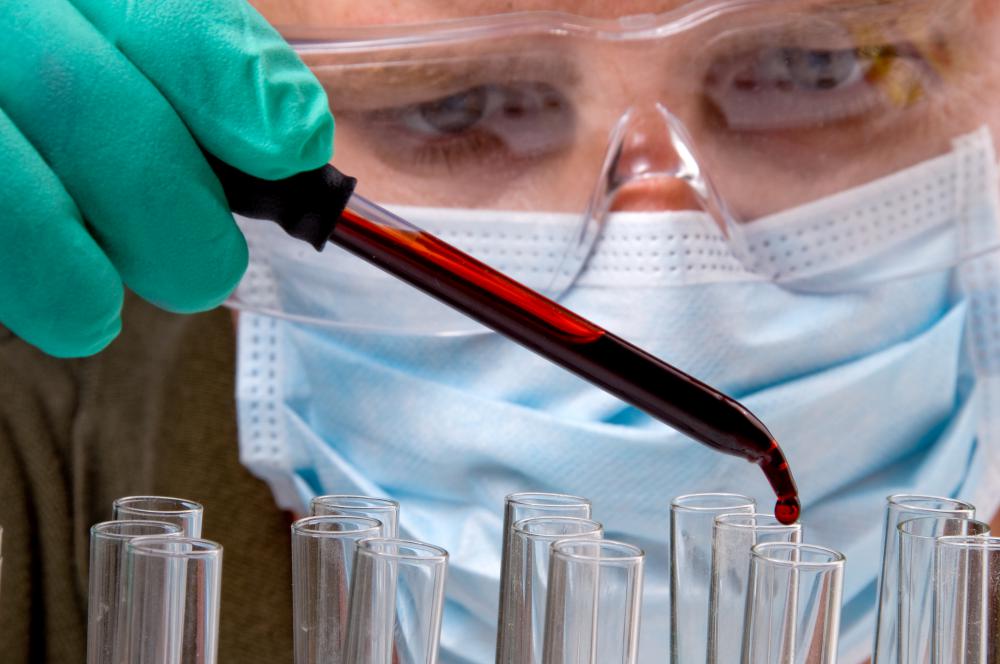At PracticalAdultInsights, we're committed to delivering accurate, trustworthy information. Our expert-authored content is rigorously fact-checked and sourced from credible authorities. Discover how we uphold the highest standards in providing you with reliable knowledge.
How do I Become a Forensic Medical Examiner?
A forensic medical examiner is responsible for determining the cause of death of a person. If the death is suspicious, the examiner has to conduct an autopsy on the body and provide a report to law enforcement. In order to become a forensic medical examiner, a person must complete specific educational and training requirements.
The steps to become a forensic medical examiner are similar in most countries. In the United States, candidates must first attend a four-year university to get an undergraduate degree. Typical undergraduate degrees for this job include biology, chemistry and science. If schools offer electives in criminal justice or investigative studies, pupils should sign up for one of these classes as well. Students in college may also want to seek a part-time job assisting a local medical examiner, hospital or forensics laboratory.

After completing an undergraduate degree program, individuals who want to become forensic medical examinera must then go to school to get a medical degree. Most medical schools in the United States offer two types of medical degrees and are highly competitive programs. One kind of medical degree is a Doctor of Medicine, also known as a M.D. The other medical degree is a Doctor of Osteopathic Medicine or D.O. Both of these medical degrees take four years to complete and meet the requirements for a forensic medical examiner position.

When students finish medical school, they have to undergo extensive training as residents in a pathology program. Most residency programs consist of three or four years working in an anatomic & clinical pathology facility and one to two years additional training in forensic pathology. Residents work alongside licensed medical examiners and assist with performing autopsies. This position also allows the resident to prepare an investigative report concerning the autopsy under the direct supervision of the medical examiner.

Once a person has gone through the residency program, he or she must pass a certification exam to become a forensic medical examiner. Many jurisdictions have a national and state medical examiner committee that approves candidates. Medical examiners also have to apply for a state or jurisdictional license to practice in a particular location.
A person who is interested in a career in the forensic field should be aware that the path to become a forensic medical examiner is a long one which can take years to complete. Medical examiners are often on call to assist local law enforcement agencies and often have to travel to the scene where a crime was committed. Due to the nature of the profession, these individuals have to be emotionally stable since many of the autopsies are on men, women and children who have met a violent death.
AS FEATURED ON:
AS FEATURED ON:














Discuss this Article
Post your comments